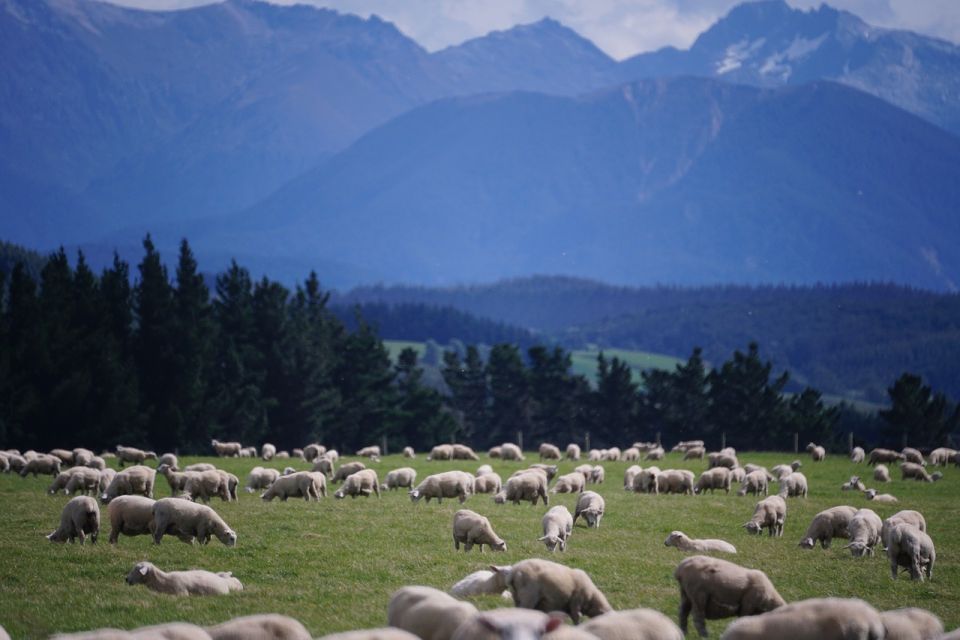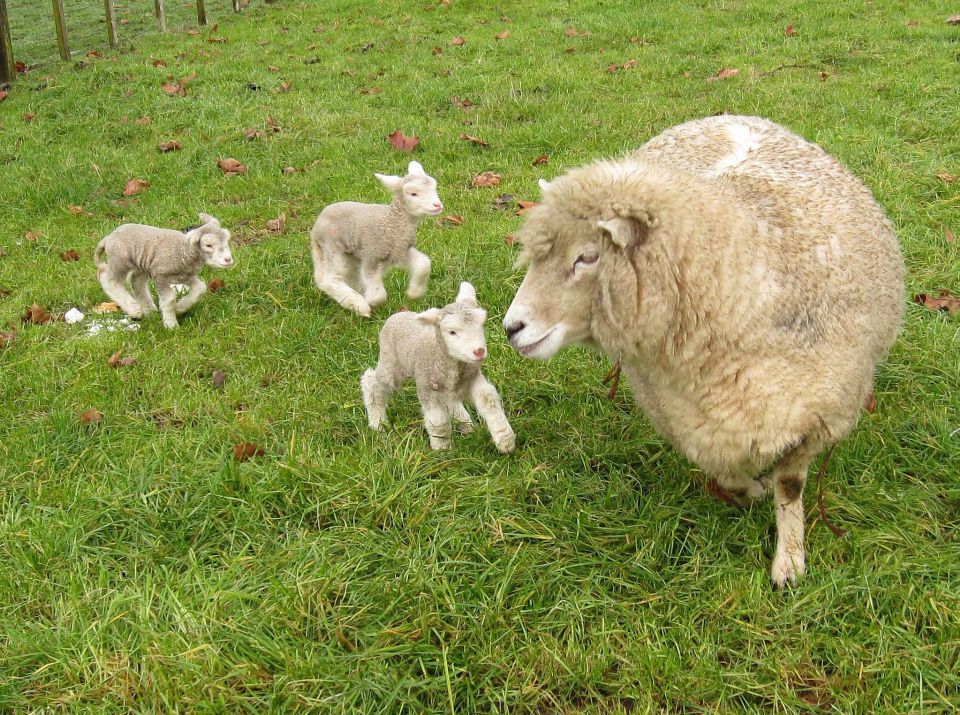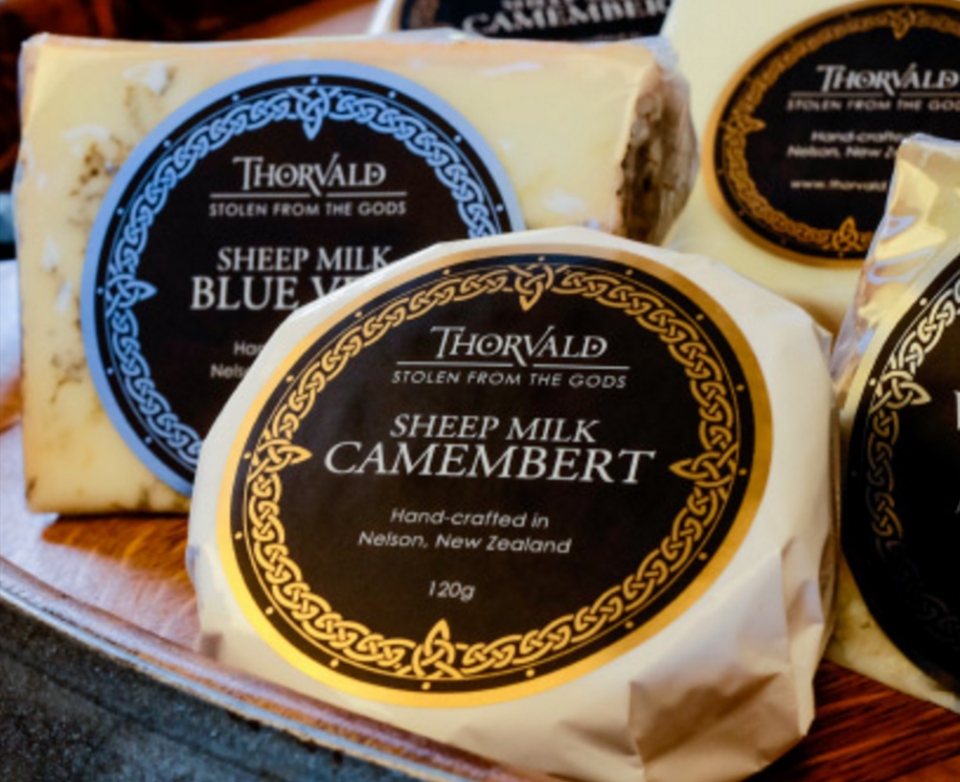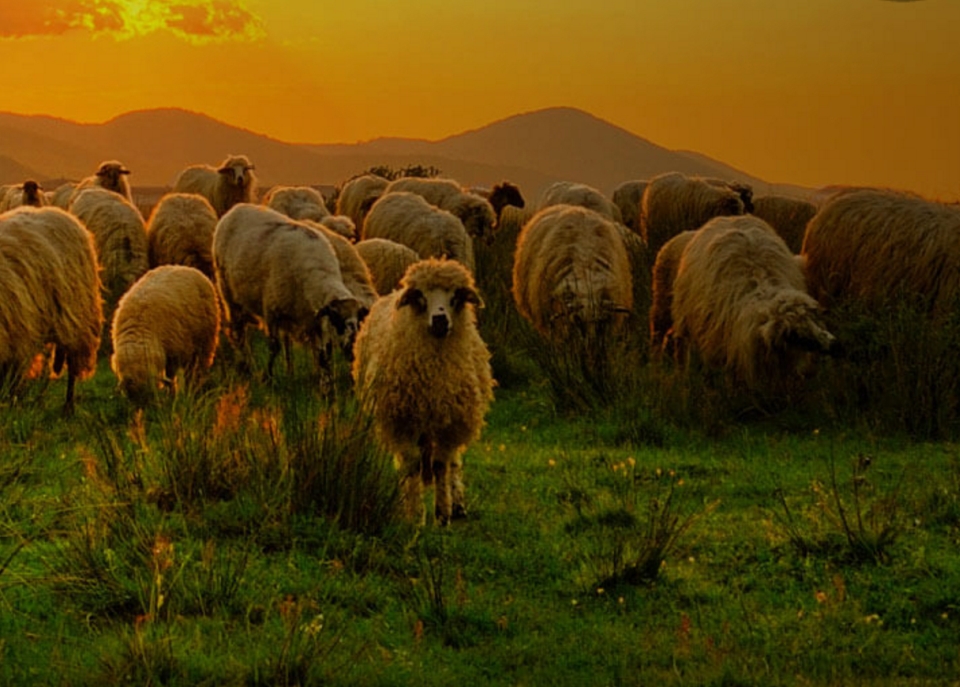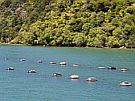Importance of sheep farming
Sheep farming has played a huge part in New Zealand’s economy. From 1856 to 1987, it was the most important farming industry. But since then, dairy farming has earned more money. Sheep numbers have fallen, from 70 million in 1982 to less than 28 million now.
Traditionally sheep have been farmed for their wool and meat. Lamb is now more valuable than wool and lamb exports are now worth over $5 billion dollars a year.
The way sheep are farmed has changed and even though sheep numbers have declined, production has increased as farmers have selectively bred sheep to maximise the amount of meat they produce and the number of lambs they have.
New Zealand is still the world's third highest wool producer behind Australia and China.
More than just meat and wool
In New Zealand, we are used to cow’s milk but sheep and goats can also be milked and this milk is often used to make cheese.
During this field trip, you will see how sheep milk cheese is made on the Thorvald Farm near Nelson.
Thorvald Farm
Thorvald farms sheep to produce milk. The sheep on this farm are different to those you might see on most New Zealand farms. They have cross-bred two of the highest milk producing breeds in the world – the East Friesian and the Awassi, along with a careful selection of other breeds in the mix to ensure good genetics for healthy, happy sheep.
Awassi Sheep
Multi-coloured when born, these sheep turn white or brown as they get older. Fat-tailed with brown faces and legs and long floppy ears they look a little like goats. Their quiet nature makes them easy to handle.
East Friesian Sheep
East Friesian Sheep come from the Friesland area north of Germany and Holland, East Friesians are known for producing a lot of milk.
Sheep milk 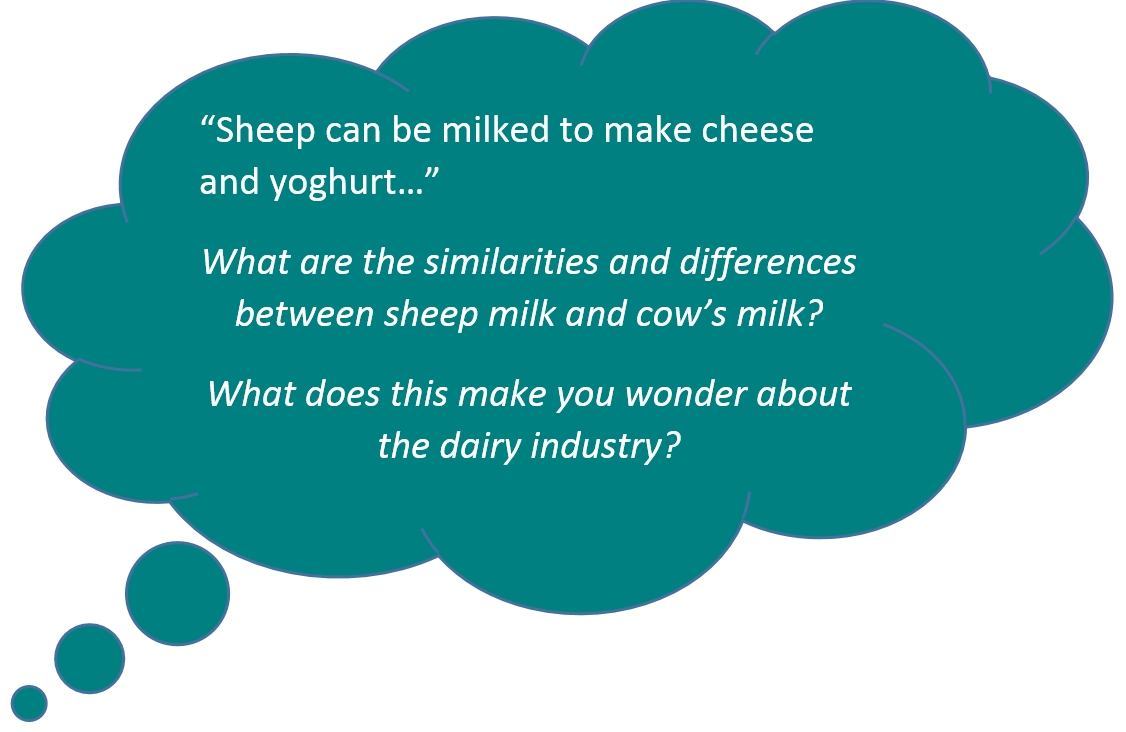
Sheep’s milk has been used for thousands of years to make some of the world’s finest cheese. Feta, ricotta, pecorino romano and the famous french roquefort cheeses are all made from sheep milk.
Sheep milk:
- Has a full, creamy flavour
- Is rich in vitamins A, B, and E, phosphorus, potassium and magnesium.
- When compared to cow’s milk, sheep milk is higher in energy, protein, calcium and iron
Strict animal welfare, biosecurity and food safety standards must be met to create high quality sheep milk cheese and yoghurt.


